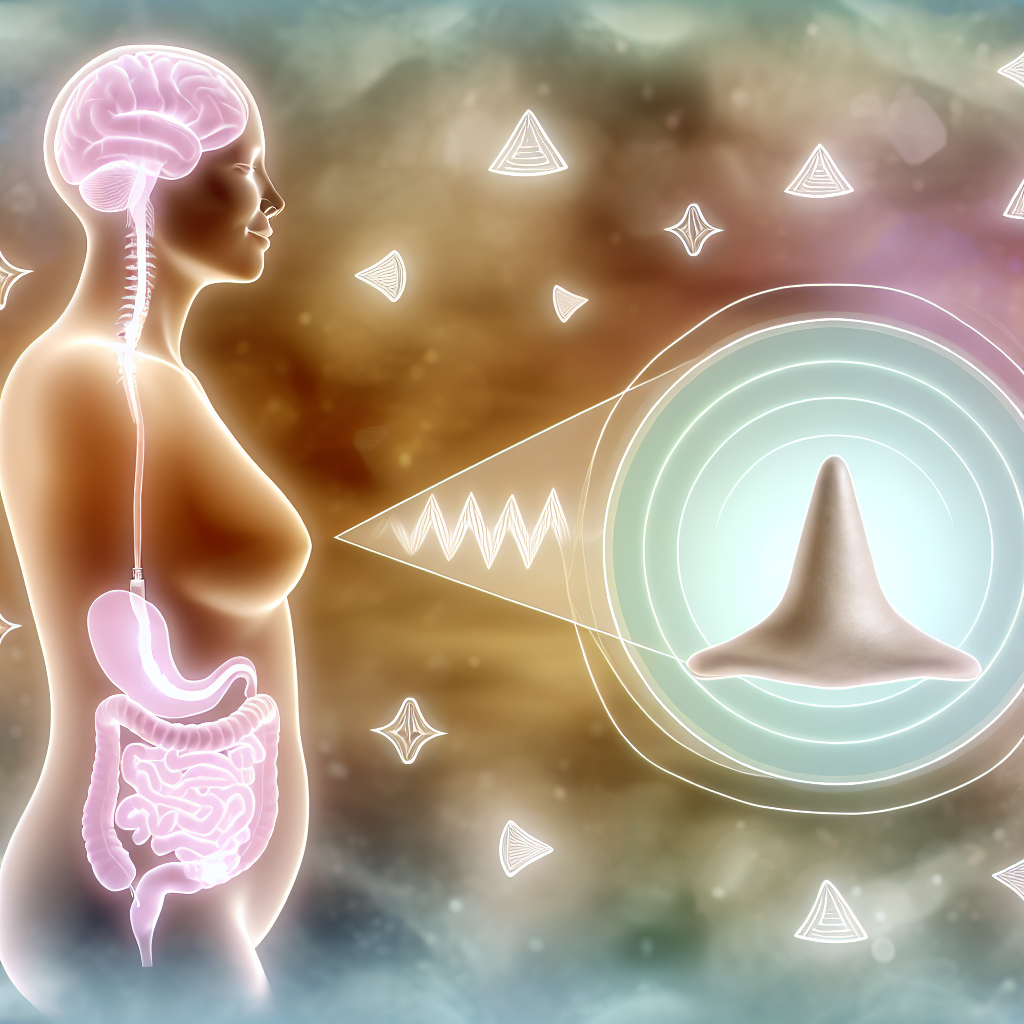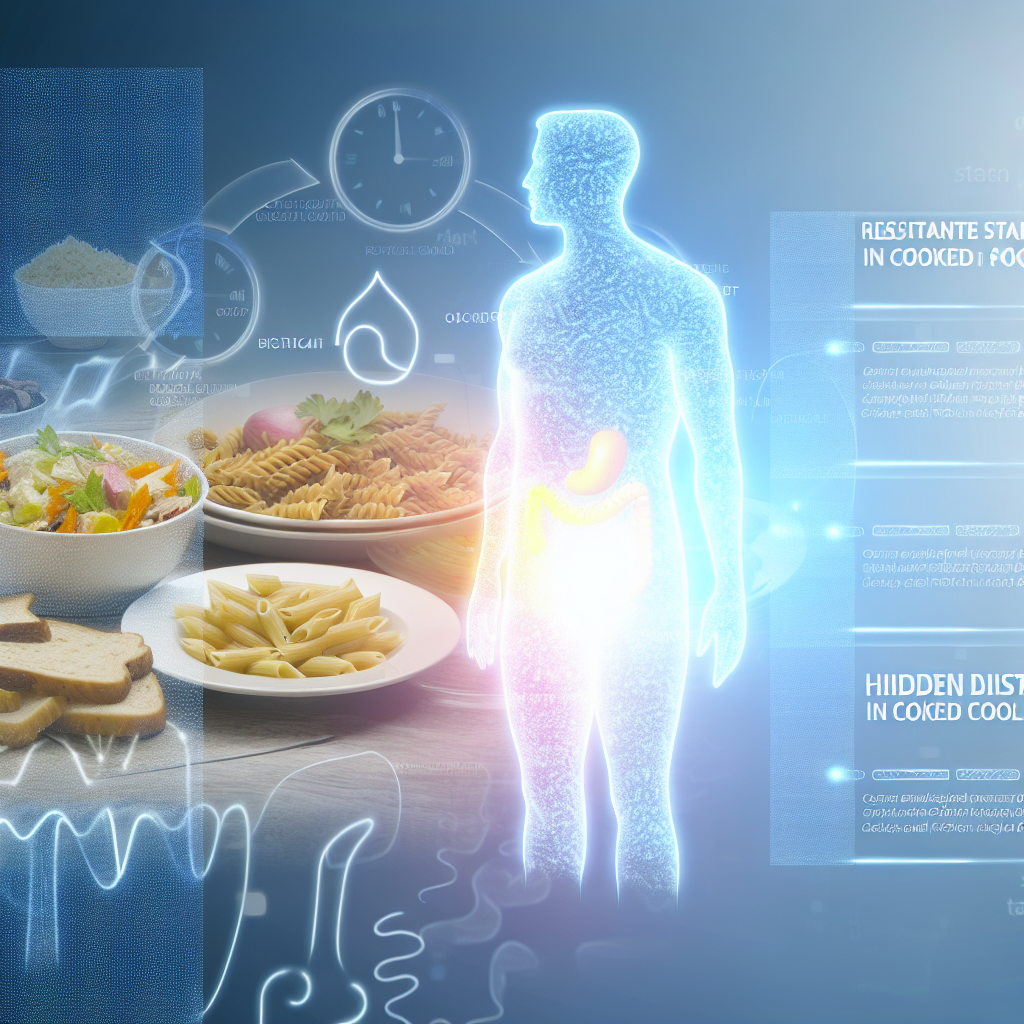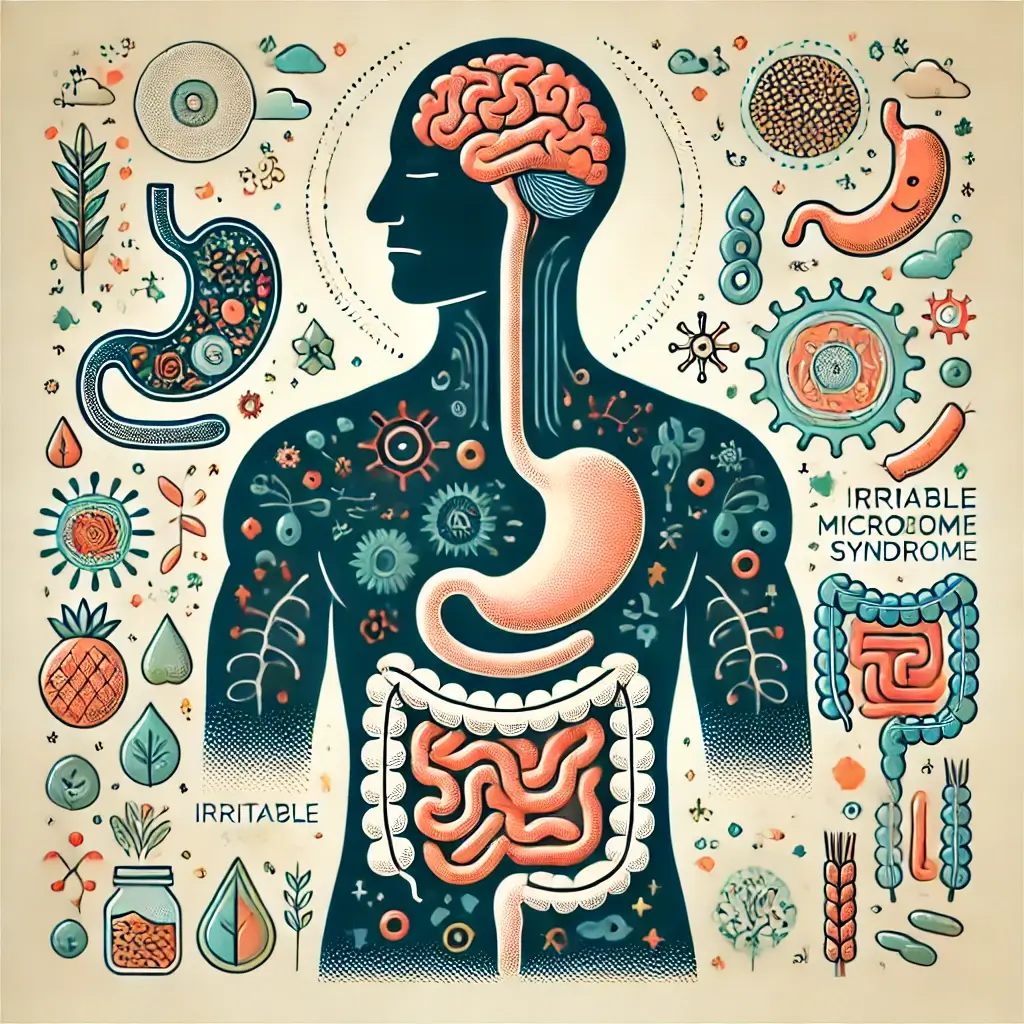Vagus Nerve Stimulation: Non-Invasive Techniques to Improve Digestive Function
Introduction
The vagus nerve plays a crucial role in the function of the digestive system. As the longest cranial nerve in the body, the vagus nerve extends from the brainstem down to the abdomen, regulating heart rate, immune response, and most importantly, the digestive process. A well-functioning vagus nerve ensures smooth digestion by controlling stomach acid secretion, gut motility, and communication between the brain and gut microbiome. However, poor vagal tone—caused by chronic stress, poor diet, infections, or inflammation—can lead to digestive issues such as bloating, constipation, acid reflux, and irritable bowel syndrome (IBS).
The good news is that vagus nerve stimulation (VNS) can naturally restore optimal digestive function by improving gut motility, reducing inflammation, and supporting the gut-brain axis. Traditionally, VNS was achieved through an implantable medical device, but modern science has uncovered numerous non-invasive methods to stimulate the vagus nerve without surgery. These techniques help improve gut health by enhancing the nervous system’s ability to regulate digestion effectively.
Natural vagus nerve stimulation methods include deep breathing exercises, cold exposure, gargling, meditation, acupuncture, and the use of specific herbal remedies. Research suggests that these techniques not only support digestion but also contribute to overall well-being by promoting relaxation, reducing stress, and boosting immunity.
This article explores the latest scientific findings on non-invasive vagus nerve stimulation, natural techniques to incorporate into your daily routine, and how these approaches can lead to a healthier digestive system. Whether you suffer from chronic digestive disorders or simply want to optimize your gut health, understanding the vagus nerve’s role in digestion and how to stimulate it naturally can be a game-changer in achieving better gastrointestinal function.
Scientific Research on Vagus Nerve Stimulation for Digestive Health
The connection between vagus nerve function and digestive health has been well documented in scientific literature. A study published in *Frontiers in Neuroscience* highlights the vagus nerve’s role in gut-brain communication, noting its significant impact on gut motility and microbial balance (Breit et al., 2018). When vagal tone is low, conditions such as IBS, inflammatory bowel disease (IBD), and gastroesophageal reflux disease (GERD) may arise due to dysregulated gut function.
Another study in *Autonomic Neuroscience* discusses how vagus nerve stimulation can reduce gastrointestinal inflammation and promote beneficial gut flora (Bonaz et al., 2016). Researchers found that electrical vagus nerve stimulation (eVNS) has a profound anti-inflammatory effect, which is critical in managing gut-related conditions, especially Crohn’s disease and ulcerative colitis. While eVNS requires medical supervision, non-invasive techniques such as breathing exercises and meditation have been shown to achieve similar benefits by activating the parasympathetic nervous system.
A clinical trial published in *Neurogastroenterology and Motility* explored the role of transcutaneous auricular vagus nerve stimulation (taVNS) in improving gastroparesis symptoms. Patients receiving taVNS therapy experienced improved gastric emptying and reduced bloating, pointing to the potential of non-invasive techniques in treating digestive disorders (Frøkjaer et al., 2021). Similarly, a 2020 study in *Brain Stimulation* confirmed that stimulating the vagus nerve through non-invasive methods can modulate the gut-brain axis, enhancing digestion and reducing gastrointestinal discomfort (Sclocco et al., 2020).
Additionally, herbal medicine has been found to support vagus nerve activation and gut function. Bitter herbs like gentian, dandelion root, and ginger stimulate vagus nerve activity by triggering digestive enzyme secretion and enhancing gut motility (Khadka et al., 2021). Studies also suggest that adaptogenic herbs such as ashwagandha and rhodiola improve vagal tone by reducing cortisol levels, thus promoting a parasympathetic state conducive to healthy digestion (Panossian & Wikman, 2010).
Effective Non-Invasive Techniques for Vagus Nerve Stimulation
1. Deep Breathing Exercises: Activate Your Vagus Nerve Naturally
Diaphragmatic or belly breathing stimulates the vagus nerve by activating the parasympathetic nervous system. Studies show that slow, deep breathing can increase vagal tone, reduce stress, and improve digestive function (Jerath et al., 2015).
2. Cold Exposure: A Refreshing Stimulus for Gut Function
Cold showers or splashing cold water on the face can activate the vagus nerve, leading to improved gut motility and reduced inflammation. Research highlights the benefits of cold exposure in triggering the parasympathetic response and enhancing digestion (Metzger et al., 2017).
3. Gargling and Humming: Simple Yet Powerful Techniques
Gargling with water or humming stimulates the vagus nerve by engaging the muscles in the throat and soft palate. A study on vagal nerve activation found that singing and humming can enhance vagal tone and positively affect digestion (Mather & Thayer, 2018).
4. Meditation and Mindfulness: Relax Your Way to a Healthier Gut
Mindfulness meditation and yoga have been scientifically proven to improve vagus nerve activity. Research published in the *Journal of Psychiatry & Neuroscience* confirms that meditation increases vagal tone, reduces stress, and enhances digestion (Goyal et al., 2014).
5. Acupuncture and Reflexology: Traditional Healing Meets Science
Acupuncture and auricular reflexology stimulate the vagus nerve by activating specific points in the ear and body. Clinical evidence supports the efficacy of acupuncture in enhancing parasympathetic activity and improving gut health (Lomax et al., 2019).
6. Herbal Supplements: Nature’s Remedy for Vagus Nerve Activation
Certain herbs, such as ginger, licorice root, and peppermint, support vagus nerve activation by improving gut motility and calming inflammation. An article in *Phytomedicine* highlights the role of these herbs in promoting vagal function and digestive health (Khadka et al., 2021).
Conclusion: Enhance Digestive Health Through Vagus Nerve Stimulation
The vagus nerve is a critical player in maintaining healthy digestion, and optimizing its function can significantly improve gastrointestinal well-being. While traditional vagus nerve stimulation methods required invasive procedures, modern research shows that non-invasive techniques like deep breathing, cold exposure, meditation, acupuncture, and herbal medicine can effectively enhance vagal tone. By integrating these scientifically-backed strategies into daily life, individuals can support gut motility, reduce inflammation, and foster a healthier digestive system naturally.
Individuals suffering from digestive disorders or those looking to optimize gut function can benefit from incorporating these vagus nerve-stimulating techniques. As new research continues to emerge, the connection between the gut-brain axis and vagus nerve function sheds light on how natural approaches can be powerful tools for achieving long-term digestive health.
References
– Breit, S., Kupferberg, A., Rogler, G., & Hasler, G. (2018). Vagus nerve as modulator of the brain-gut axis in psychiatric and inflammatory disorders. *Frontiers in Neuroscience*.
– Bonaz, B., Sinniger, V., & Pellissier, S. (2016). Vagus nerve stimulation: A new promising therapeutic tool in inflammatory bowel disease. *Autonomic Neuroscience*.
– Frøkjaer, J. B., et al. (2021). Transcutaneous vagus nerve stimulation in functional dyspepsia: A randomized, sham-controlled pilot trial. *Neurogastroenterology and Motility*.
– Panossian, A., & Wikman, G. (2010). Effects of adaptogens on the central nervous system and the molecular mechanisms associated with their stress—Protective activity. *Pharmaceuticals*.
– Khadka, D., et al. (2021). Herbs for digestive health and vagus nerve activation. *Phytomedicine*.
Summary:
The vagus nerve plays a crucial role in digestive function, and stimulating it through non-invasive techniques can improve gut health. Research shows that methods like deep breathing, cold exposure, meditation, and herbal remedies can enhance vagal tone, reduce inflammation, and support the gut-brain axis, leading to better digestion and overall well-being. By incorporating these scientifically-backed strategies into daily life, individuals can naturally optimize their digestive system and address chronic gastrointestinal issues.

Dominic E. is a passionate filmmaker navigating the exciting intersection of art and science. By day, he delves into the complexities of the human body as a full-time medical writer, meticulously translating intricate medical concepts into accessible and engaging narratives. By night, he explores the boundless realm of cinematic storytelling, crafting narratives that evoke emotion and challenge perspectives.
Film Student and Full-time Medical Writer for ContentVendor.com




